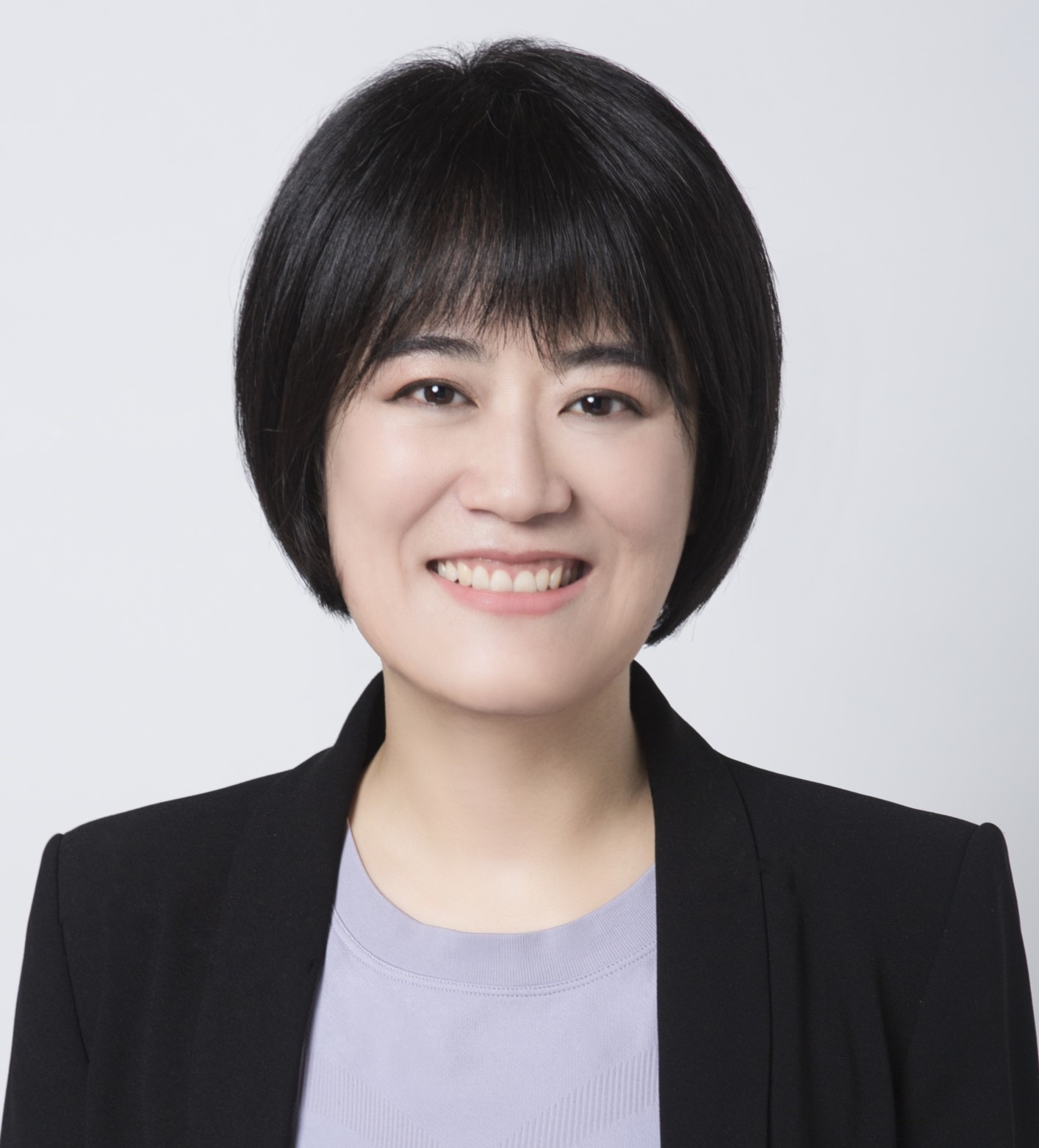Huili Si (Stella) is a doctoral researcher at The Manchester Institute of Education.
Stella’s research directly addresses the themes of the collaborative project between Emerald Publishing and the BELMAS ICE RIG: developing transnational collaborations to promote knowledge exchange between higher-education leaders and systems.
In this post, Stephen Rayner interviews Stella about her research.


(Left to right) Dr Stephen Rayner, Senior Lecturer in Educational Leadership, Deputy Head of The Manchester Institute of Education & Huili Si (Stella), doctoral researcher at The Manchester Institute of Education
Stephen: Stella, you have worked or studied in universities in three countries. Could you say more about your experiences?
Stella: I have a lot of experience in the transnational higher-education (TNHE) context. I completed my Bachelors degree in China, Masters degree in Australia and will get my doctorate in the UK. I was a university lecturer in China for more than 10 years and project manager of an internship programme in a UK-China TNHE partnership, with responsibilities from programme design to programme implementation. My past learning, working and research experience of TNHE as a student, an administrator and a lecturer provides me with the unique combination of advantages to be a researcher on TNHE governance, leadership, policy analysis and implementation.
Stephen: Building on that strong background, what is the main focus of your doctoral project?
Stella: My doctoral project is practice-oriented, and is to explore TNHE governance and leadership in the international context, especially in Sino-UK joint institutes, where decision-making power is distributed among different external and internal stakeholders. I have especially strong contacts in Hainan Province. I also look at how China's TNHE partnership strategies influence the outside world, particularly the UK; and how the UK responds with adaptive governance and leadership at national and institutional levels for long-term sustainability.
Stephen: Ideally, those Sino-UK partnerships should be partnerships of equals, but there must be some differences, given the histories and cultures of the countries?
Stella: Yes, based on both my past TNHE working experience and my research, both of which have entailed negotiating between UK and Chinese counterparts, I have found that there are some tensions in joint governance and leadership. One reason is that the UK and China have completely different higher-education systems: one tends to be more collegial, while the other is traditionally hierarchical. Another reason is the various motivations, interests and priorities at different levels of policy, governance and leadership. There are different national policies, institutional strategies and even individual priorities as leaders in TNHE institutes and partnerships. Therefore, tensions and differences in TNHE governance cannot be avoided. However, there are encouraging signs where both partners are committed to innovation and are prepared to adapt in the interests of partnership for mutual benefit and sustainable development.
Stephen: What do you see as the main challenges for HE institutions in the UK, who want to instigate partnerships with equivalent institutions in China?
Stella: A lot of uncertain things happened during and after the Covid-19 pandemic, including technology, inflation, social disparities and geopolitical tensions. Nevertheless, several UK universities continue to seek TNHE partnerships for sustainable development and this is reflected in government statements. For example, the British Council (2020), referring to the post-pandemic and post-Brexit environment, refers to the UK’s need to find new markets as part of its ‘Global Britain’ strategy. With more awareness of China as a global player, the UK understands that it needs to know more about China and to increase engagement within friendly, frank and confident conversations. However, transnational partnerships and governance in Sino-UK TNHE partnerships are complex, reflecting the diverse political, economic and cultural contexts. A further challenge is whether HE governance designed for the UK can adapt to conditions outside the UK. Specifically for my study, this is China, where hierarchy is the established picture in higher-education governance. There must be negotiations within TNHE governance and leadership if there are to be equitable partnership approaches.
Stephen: You referred earlier to Hainan Province. What is special about that province in the context of educational reform in China?
Stella: China’s central government places Hainan Province in a special position as an ‘International Education Innovation Island’. This is for economic and geopolitical purposes, including to gradually replace the international position of Hong Kong, because both share similarities in geography. The government would like to make some initiatives to decentralize TNHE governance and leadership further, enabling some of the autonomy that is forbidden in mainland China to apply in Hainan Province as a managed experiment. Therefore, HE institutes in the UK see opportunities to establish overseas branches or other partnerships there. My research cases include three such institutes, which are all newly approved Sino-UK joint institute. Based on my research into those cases, my findings will have theoretical and pragmatic value for understanding and developing Sino-UK joint governance and leadership.
Stephen: Thank you, Stella. I hope you get the opportunity to present at the BELMAS conference in 2023, so that you can report in more detail on your important research.

Quality education for all
We believe in quality education for everyone, everywhere and by highlighting the issue and working with experts in the field, we can start to find ways we can all be part of the solution.
